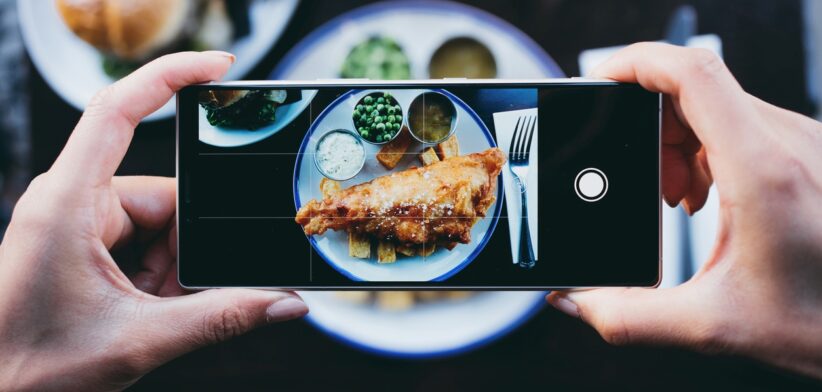For those who rush to immortalise Insta-worthy food creations before devouring them, your passion has been vindicated.
New research from Curtin University has found that taking pictures of food isn’t just content for social media feeds, but could be the key to improving people’s diets.
Published in the American Journal of Clinical Nutrition, the feeding study saw researchers measure the weight of meals, which were then provided to participants over a day for breakfast, lunch and dinner.
Study first author and PhD candidate Clare Whitton said participants compared different technology-assisted methods to recall what they had eaten over the past 24 hours.
“One method asked participants to take photos of their meals using the mobile Food Record app,” Ms Whitton said.
These photos were then analysed by a research dietitian.
“The study found the accuracy of the nutritional intake was far higher for the group who had taken photos of what they ate, compared to participants who were asked to remember what they had eaten,” Ms Whitton said.
She said this was the largest feeding study to use the mobile Food Record app and the findings could have a big impact on how data is captured about what the population is eating.
“Accurate, reliable data about what the population is eating is key to supporting people to optimise their health,” Ms Whitton said.
“People can struggle to remember what they have eaten, but this study shows dietary assessment can be accurate — particularly when you take the burden away from the person when you ask them to take a photo of what they ate.”
While the study saw the food photos analysed by experts, there is work underway to streamline the process.
Ms Whitton said the team was collaborating with Purdue University in the US to use artificial intelligence to automatically analyse the foods in the photos.
Read the full study.








